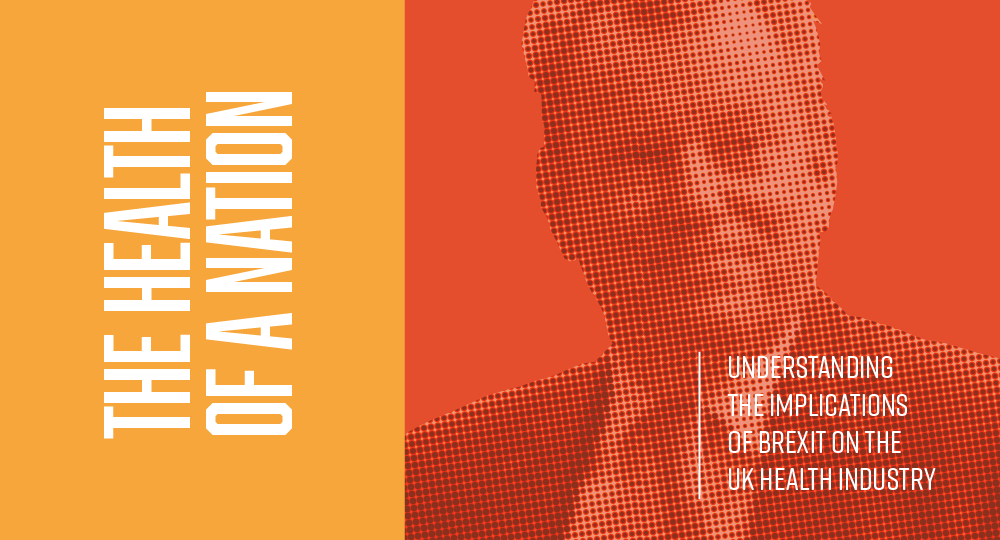As part of his speech in Parliament delivering the latest Spending Review, Chancellor Rishi Sunak announced the establishment of a new UK infrastructure bank, based in the North of England, which would be capable of providing financing to infrastructure projects from next spring.
But, how does that directly impact the NHS?
The Chancellor revealed a total of £100bn of capital spending on infrastructure – a significant rise from the previous year – and which represented what he described as “the highest sustained levels of public investment in more than 40 years.”
In times of widespread economic difficulty both domestically and globally, and with ever-increasing demand on the existing health service infrastructure, the potential availability of significant reserves of long-term funding could be hugely impactful.
The new UK infrastructure bank, in part, replaces the role played by the European Investment Bank (EIB), which currently serves as a potential route to access financing for large-scale, long-term projects.
As part of Brexit, once the UK departs the European Union it will also relinquish its membership to the EIB and close off that avenue to potential funding; an avenue which has previously invested as much as £2.9bn into UK hospital projects in the past decade and a half.
European funding in this nature has previously been provided to at least 18 hospitals across the country, including the likes of Alder Hey Children’s Hospital, and it will be hoped the new UK investment bank announced by the Chancellor will be able to both plug and build upon this revenue stream post-Brexit.
As we deal with the economic ramifications of Covid-19 as a society, the availability of funding and resourcefulness to finance key capital funding projects will likely become both more stretched and essential.
A Government-backed source of financing, to work alongside the private sector, could be a welcomed answer to some of those challenges.
And there are other routes to recoup and generate additional funding opportunities too within the NHS, such as in town planning. In the latest edition of our digital magazine, NHE spoke with NHS Property Services’ Head of Town Planning, Aahsan Rahman, about that very subject and how there were real opportunities to capture additional funding across the country with a more focused approach and shared learning.
Read more about Brexit and it's impacts on healthcare through our dedicated Brexit Resource Hub:




















